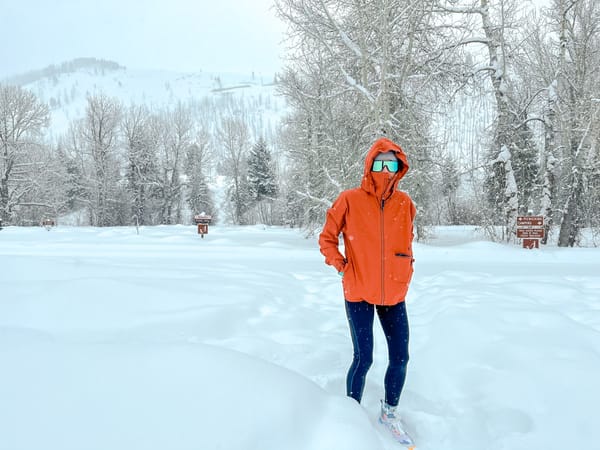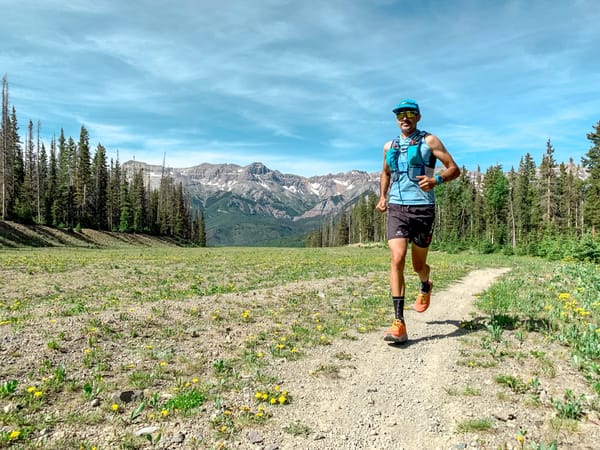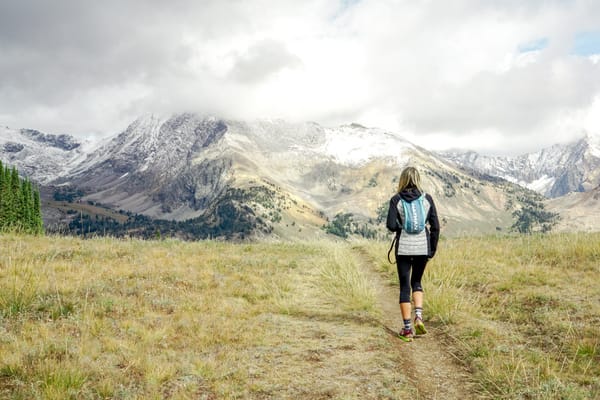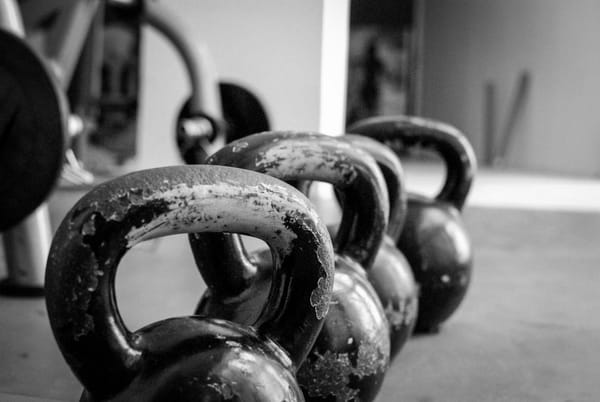Wayfinder 88 / Stay Curious
There's no arguing that higher levels of curiosity associate with higher levels of mental wellbeing. Higher levels of mental wellbeing often correlate directly with higher levels of physical wellbeing, or vitality— and visa versa. Curiosity can come in phases, it has in my life. We can lose it as we age, falling into routine, or during cycles when overwhelmed with the day-to-day process of work and living. As well, life changes can spark curiosity and set us off on another course. Re-launching this project as Everthirst is an attempt to create habits, environments and accountability around staying curious— indefinitely.
Scientific American looked over several studies a few years back to identify personality traits that correlated with higher measurements of wellbeing (or predictors), based on 11 dimensions of wellbeing. The five most associated are Enthusiasm, Low Withdrawal, Industriousness, Compassion, and Intellectual Curiosity. Certainly you don't need to identify with all five. I don't exhibit Low Withdrawal, probably falling more on the mid-to-high withdrawal level as I tend to shut down under stress. I am improving upon this as I get older and have learned to let things slide and not get caught up in self-judgement. Enthusiasm, Industriousness, and Intellectual Curiosity are the traits in which I excel, particularly around our adventuring pursuits, philosophy, and creative projects such as Everthirst. Susan shows similar personality traits. She also struggles with Mid-to-High Withdrawal, but her dominant three traits would be Industriousness, Compassion, and Intellectual Curiosity. — Paul
Which traits do you associate with most?
Read further: Which Personality Traits Are Most Predictive of Well-Being?
Curiosity: The neglected trait that drives success
Takeaway → The BBC dives into curiosity and how cultivating it can increase our learning, patience, and improve memory recall.
Does Curiosity Have a Dark Side?
Takeaway → Research suggests there are two different types of curiosity—general-interest curiosity and deprivation curiosity. One rooted to intellectual humility, and latter linked to intellectual arrogance. The former defined as learning for the joy of exploration and knowledge, while deprivation curiosity centers around a need to fill a void or gap in knowledge.
Mentally challenging yourself curbs anxiety and depression
Takeaway → Evidence supports the importance of staying curious and engaging the mind as a method to build resiliency against depression and anxiety.
Focusing has always been an important ally for dealing with pending attacks, at least anecdotally and through conversations with other anxiety sufferers. Whether cardiovascular-stimulating responses like running and sex or cognitive training with games, focus is the key element—an important reminder for anyone starting to slip into the dark spiral of depression or a panic attack. During the moment focus is necessary, but it appears training helps you avoid the attack in the first place.
Additionally → Reading is a lost art according to Michael Harris, or at least changing due to technology. We no longer sit undistracted, quietly absorbing long pieces of text. Our brains are wired for distraction, the innate self preservation state we no longer need but that current technology has awakened in us. We are constantly scanning, looking for stimulus. We now learn by convenience and through a sheer volume of information. Reading long-form may be losing ground, but let's remember we've only been doing so for a short period of our history. What remains is our need for story telling, staying curious, and connecting through shared experiences.
When we become cynical readers – when we read in the disjointed, goal-oriented way that online life encourages – we stop exercising our attention. We stop reading with a sense of faith that some larger purpose may be served.
Wellness tip
Let’s get curious about our current physical and mental state! Take a minute to sit or stand comfortably and start to press into the ground with your sit bones or feet. Exhale and notice if you are hunched or slouching. With your inhale lengthen the sides of your waist up away from your hips, engaging the core slightly while reaching down through your tailbone. Exhale and relax but don’t lose that length. Keep your shoulders down away from your ears, but with your next inhale continue to grow and lengthen up through the waist, continuing through your neck and crown of your head. Imagine creating space between each rib, each vertebrae.
Can you feel yourself taller now? Do you sense all that extra space for your breath to flow into? Try twisting a little each way, bending side to side and forward. Feel how much extra space there is to move and breathe, how expansive and strong your skeleton and musculature is now. Do you feel lighter? With each inhale grow a little taller. Can you bring this expansion onto your saddle next time you get on the bike? Or take that length out with you on a trail run or hike?
How can this sense of expansion and space carry into your thoughts? Our minds tend to put us into little cubicles, limiting what we believe we are capable of, and make us feel stuck. Let this idea of expansion open your mind to fresh ideas, opportunities, and visions of your self. — Susan
Quote to ponder
Fall in love with some activity, and do it! Nobody ever figures out what life is all about, and it doesn't matter. Explore the world. Nearly everything is really interesting if you go into it deeply enough. — Richard P. Feynman




